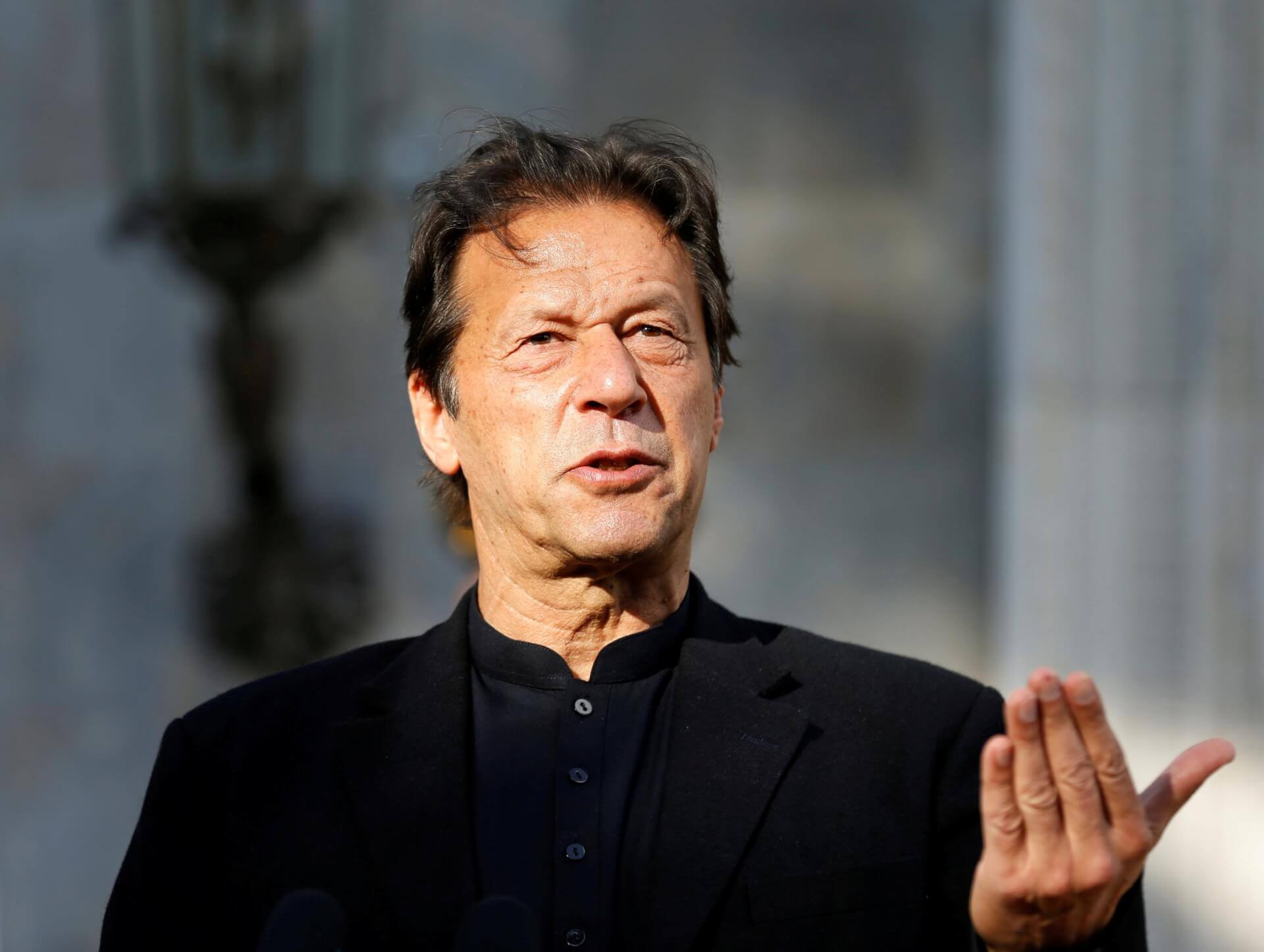In an interview with French media outlet Le Figaro, Pakistani Prime Minister Imran Khan spoke of the need for the international community to recognise the Taliban and also once again touched on the issues of Kashmir and minority rights in India.
Khan has repeatedly put his weight behind the Taliban since its takeover of Afghanistan in August 2021. Keeping this in mind, the interviewer asked the Pakistani leader why his government had not yet recognised the group’s government. Khan replied that recognition of the Taliban government cannot be an isolated action and must instead be a “collective effort by the countries in the region.” He expressed concern that if Pakistan was the first to recognise the Taliban, it would face international pressure and be isolated, hampering its economic recovery.
However, Khan also criticised the preconditions imposed by the Western powers on the Taliban, arguing that the Taliban has already satisfied demands regarding minority representation and respect for human and women’s rights. To this end, he rhetorically asked: “What more is needed to make the world satisfied?”
When questioned on whether the issue of women’s right to education was brought up during his meeting with the Taliban’s Foreign minister, Amir Khan Muttaqi, he asserted that while there were “no concrete answers,” the Taliban committed in principle. The Pakistani PM then appeared to backtrack and hinted that he may not be willing to push the Taliban too hard on the matter, remarking: “Afghans should not be expected to respect women’s rights as Westerners understand them.”
Khan also dismissed concerns that a Taliban-led government in Afghanistan could further empower the Pakistani Taliban to further orchestrate attacks in Pakistan. He opined that a stable government in Afghanistan would in fact restrict the functioning of groups like the Pakistani Taliban and the Islamic State.
Aside from the topic of Afghanistan, the Pakistani leader also touched upon Pakistan’s ongoing conflict with India over the Jammu and Kashmir (J&K) issue. He claimed that the Bharatiya Janata Party-ruled government is “not rational,” as it perpetrates “hatred of religious minorities and Pakistan.” Khan added that there is no possibility of negotiations and dialogue unless the special status of J&K is restored.
His latest remarks mirror his words during a similar interview with CNN over the weekend, in which he called on India to resolve the ongoing conflict in J&K through dialogue “like good neighbours.” During the previous interview, Khan criticised India for its crackdown on Kashmir, alleging that it has resulted in thousands of extra-judicial killings over the past 35 years.
Next, speaking of Pakistan’s relations with France, Khan said that he would like to strengthen the bilateral partnership. France is a critical member of the European Union (EU), which accounts for around half of Pakistani exports. He also expressed his intention to meet with French President Emmanuel Macron soon. Responding to a query about the appointment of an ambassador to France, a post that has remained vacant since 2020, Khan said that Islamabad is seeking to resolve the issue expeditiously.
Tensions between Pakistan and France peaked in 2020, when widespread protests erupted following Macron’s public support for French satirical newspaper Charlie Hebdo (whose offices in Paris were targeted by ISIS-affiliated gunmen in 2015) after it announced that it will reprint the caricatures of Prophet Mohammed that sparked the 2015 attack. During this period, protestors burnt effigies of Macron and called for the expulsion of the French ambassador to the country. In this respect, Khan’s interview with the French media outlet appears to be a concerted effort to mend bilateral ties.

